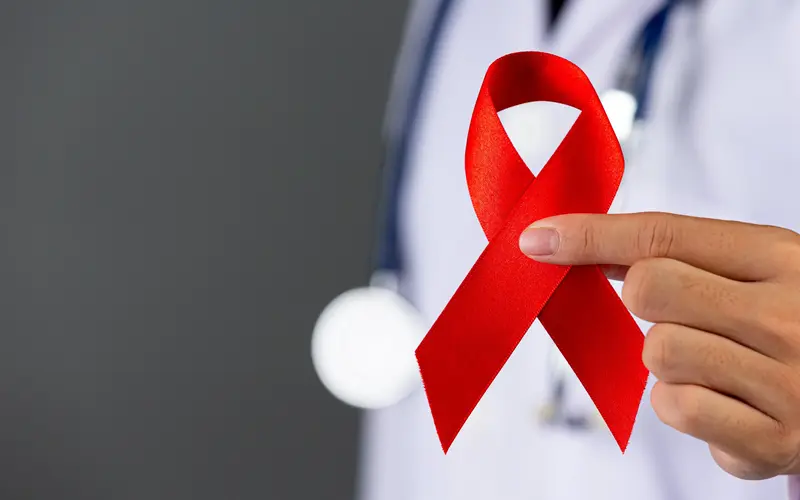Medical Contributors
What to Expect When You Go for Your First Vasectomy Appointment
Going for a vasectomy appointment can be a daunting experience, especially if it’s your first time. It’s important to know what to expect and how to prepare so that you feel more comfortable with the process. In this blog post, we’ll explore what you can expect when you go for your first vasectomy appointment, from what the doctor will do during your appointment to how you should care for yourself afterward.

What to Expect From Your Doctor?
When you go for your first vasectomy appointment, the doctor will likely perform an initial diagnosis. This includes taking a medical history, performing a physical exam of the area, and ordering tests such as semen or blood tests. The Vasectomy Doctors will also discuss any potential risks or complications associated with the procedure and answer any questions that you may have about the procedure.
During the Procedure
- Once all of the necessary information has been gathered, the doctor will begin by numbing the area where he or she plans to make the incision using local anesthesia.
- Then, using either sharp instruments or heat energy (laser), he or she will make tiny cuts in each side of the scrotum (the sac containing your testicles).
- The doctor will then tie off each tube carrying sperm from each testicle and cut them away from each other.
- Finally, they’ll close up each cut with stitches and apply pressure on both sides of your scrotum until the bleeding stops and the swelling subsides.
After Your Appointment
- Immediately after having a vasectomy, it is important that you rest and take it easy for at least 24 hours after leaving your appointment.
- You should avoid strenuous activities such as running or lifting heavy objects for at least one week following your surgery in order to give yourself time to heal properly and avoid infection.
- Additionally, it is important that you wear supportive underwear or athletic shorts in order to reduce any discomfort while allowing maximum airflow in order to help prevent infection.
- It is also helpful to ice your scrotum regularly during this one-week period until the swelling goes down completely.
Vasectomy Doctors’ Advice to take care of yourself after the appointment
Take It Easy: The first thing your doctor is likely to recommend is that you take it easy for the first 24-48 hours after the procedure. This means avoiding strenuous activities such as exercise and lifting heavy objects.
While some doctors may allow light activity, such as walking or gentle stretching, it’s important to follow your doctor’s instructions and avoid any activities that could cause discomfort or strain on the area where the procedure was performed.
Stay Hydrated: Another key thing to remember is to stay hydrated. Drinking plenty of fluids can help reduce swelling and pain in the area where the procedure was done.
Additionally, staying hydrated helps your body recover more quickly by flushing out toxins and supporting healing processes in general. Drinking lots of water can also help reduce any post-procedure cramping or discomfort that patients may experience.
Get Some Rest: Finally, it’s important that you get plenty of rest after having a vasectomy. Getting enough sleep allows your body time to heal and ensures that you have enough energy for other activities you need or want to do during your recovery period, such as going out with friends or taking care of household chores.
Your doctor may even suggest that you take a day off from work if possible in order for your body to have adequate time to recover from the procedure before returning back to regular activity levels.
Conclusion:
Overall, preparing for a vasectomy appointment can help alleviate some of the stress associated with going through this procedure – knowing what to expect and how best to care for yourself before and after can be extremely beneficial in helping ensure a smooth recovery process following surgery.
If you have any further questions concerning what to expect at your first vasectomy appointment or how best to prepare yourself prior to going into surgery, speak with your healthcare provider, who can provide more detailed guidance on these topics as well as answer any additional questions that you may have about undergoing this common procedure.



